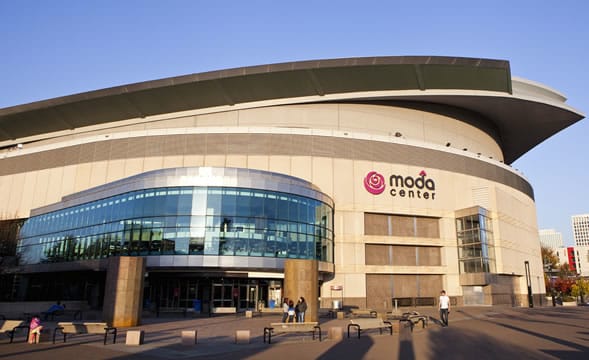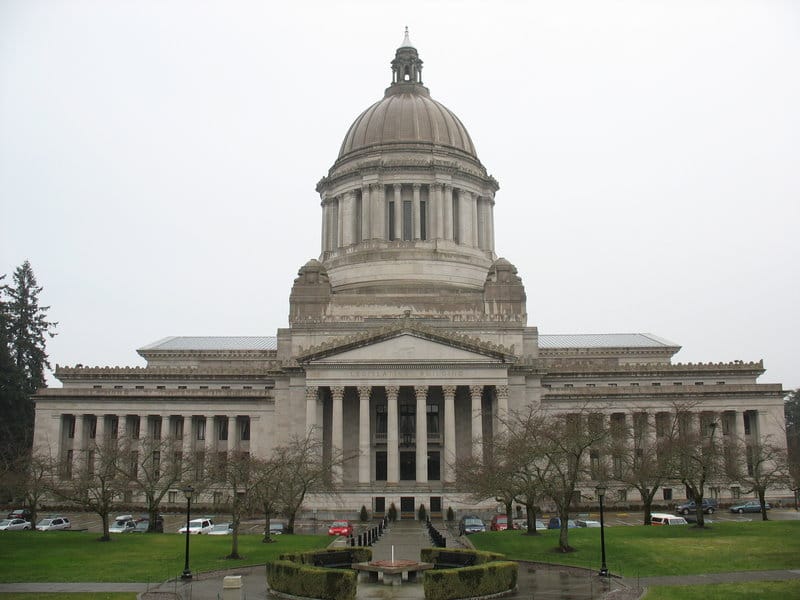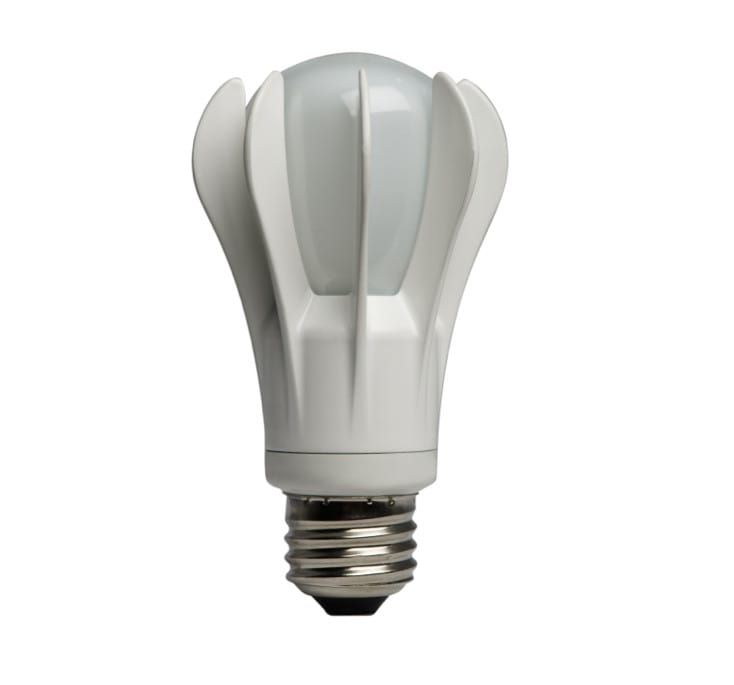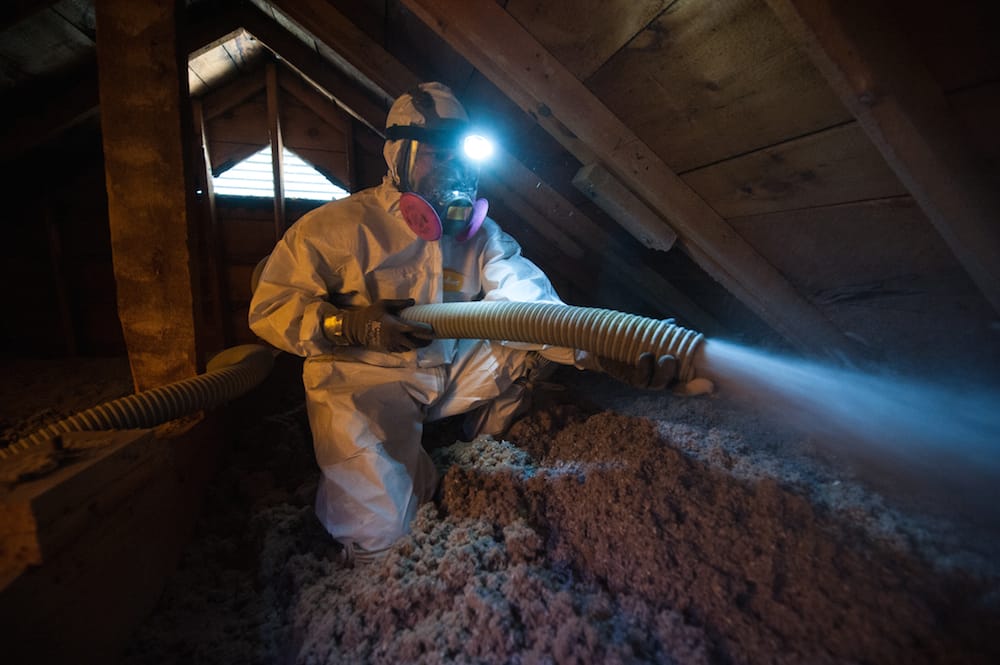Energy Efficiency
E&E article: Is it cool to be 'green' at sports stadiums? Yes, but it goes beyond that
Stadiums across the country are going green. Not only is it the right thing to do, but it saves millions of dollars on energy and garbage bills. The biggest savings have been from energy efficiency improvements such as switching to LED lighting. Additional measures include water conservation and enhanced recycling and composting programs. Check out E&E’s series on the impact warming temperatures are having on sports.
Tell your senator: Fund energy efficiency and solar programs
The Washington Senate’s Ways & Means Committee today released a proposed capital budget that slashes several of the state’s key energy efficiency and solar programs. These sensible programs save money for Washington schools, homes and businesses on their utility bills and help us meet our clean energy and climate goals. Please urge your senator to fund critical energy efficiency and solar programs.
Portland Monthly: Drink "green" this St. Patrick's Day with eco-friendly beers
This Portland Monthly article showcases how eight Oregon breweries have made strides to lower their carbon footprint by switching to renewable energy, recycling steam, sourcing local ingredients, installing efficient lighting, capturing methane, saving water, cutting transportation emissions and reusing spent grain. Raise a glass to these innovative breweries this St. Paddy’s Day!
Take action: Tell the Senate to support energy efficiency standards
Washington could join California and Oregon in setting strict efficiency standards for several classes of appliances. House Bill 1100 passed the state House in February and now awaits consideration in the state Senate. The bill is expected to face tough going in the Republican-controlled Senate given prior opposition to state standards and the party-line vote in the House. Please urge your state senator to support HB 1100!
Clean Energy Choice Act builds on I-937 success
State Rep. Jake Fey (D-Tacoma) has introduced HB 2073 to enhance the consumer and health benefits of Washington’s new renewables and energy efficiency law, Initiative 937. Fey’s Clean Energy Choice Act provides a framework for discussion of new resource development after 2020, when I-937’s new renewables standard plateaus at 15 percent.
Climate Solutions blog: Protecting Washington's clean energy commitment
The vision laid out in a new, comprehensive approach to reforming I-937, called the Clean Energy Choice Act (HB 2073), addresses the needs of utilities to serve load at low costs while ensuring that every time a fossil fuel contract comes due, it is replaced by clean energy. Megawatt by megawatt, the Clean Energy Choice Act will transition our fossil-powered grid to one served by renewable energy. This legislation deserves a hearing and vote, and should be the starting point for any post-2020 proposal going forward.










